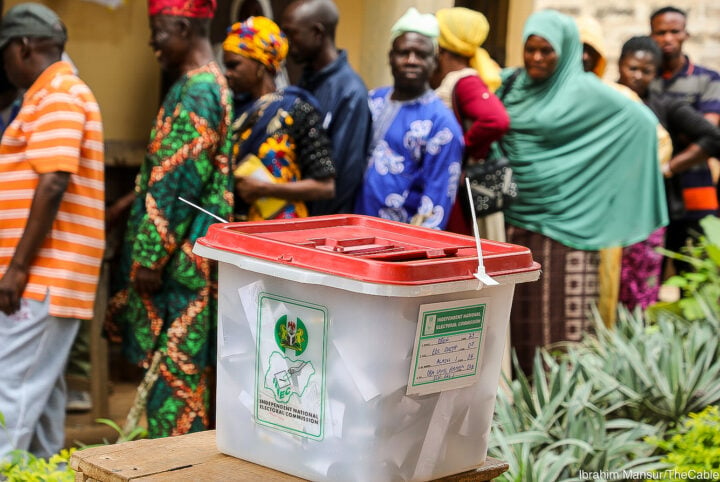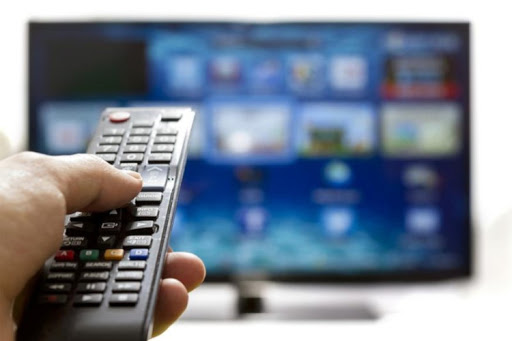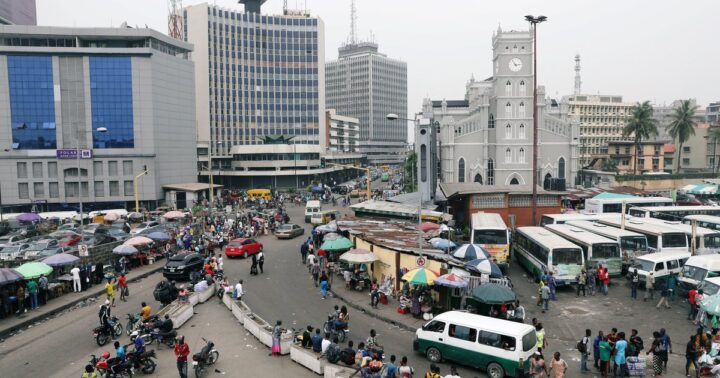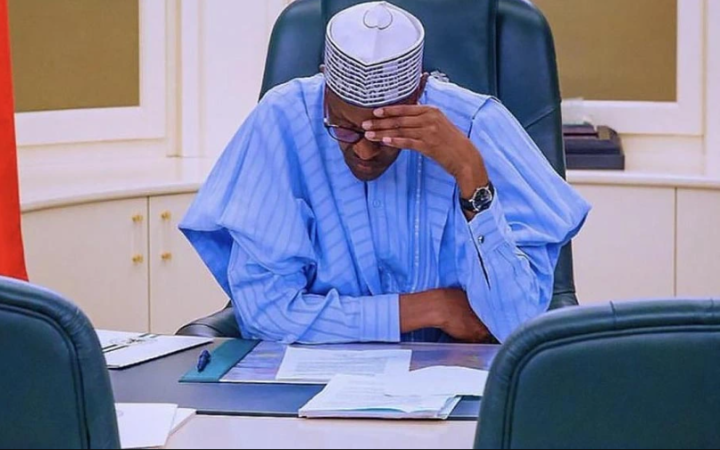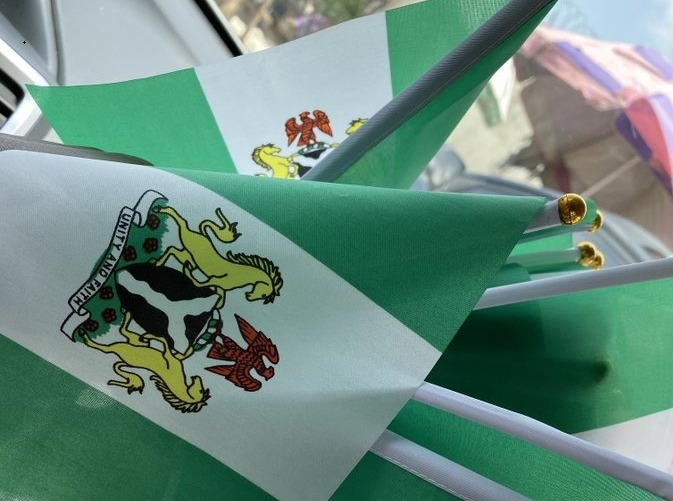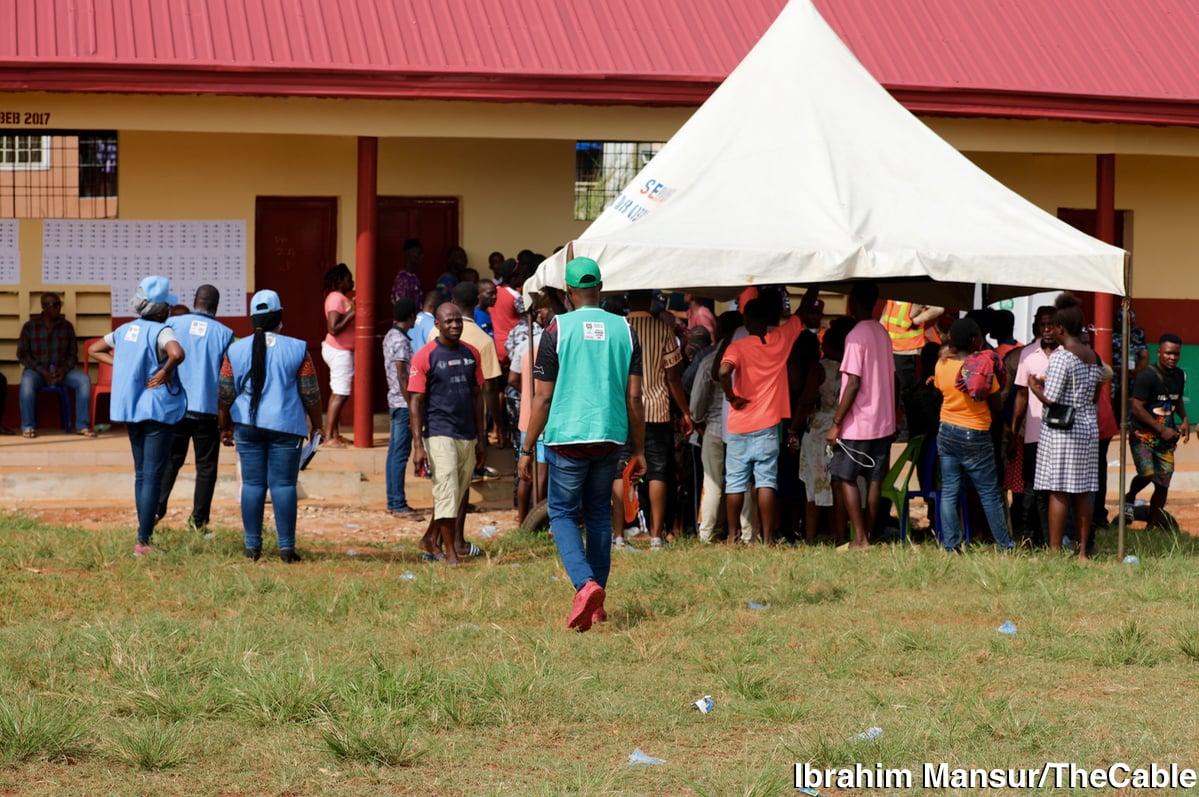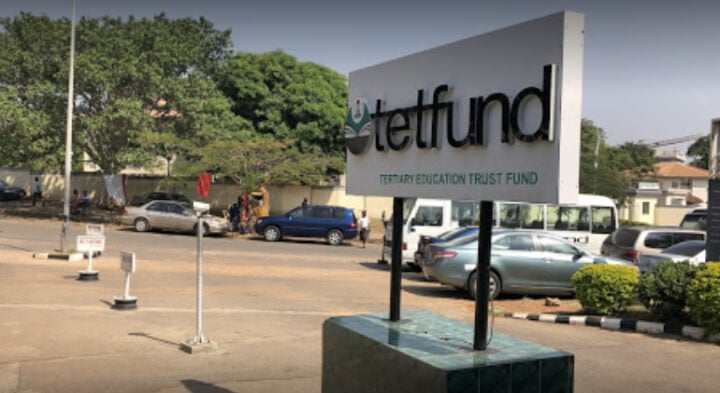BY WEALTH DICKSON OMINABO
Elections are the cornerstone of democracy. They provide an avenue for citizens to effectively participate in acts of nation-building and be involved in the leadership recruitment process of their country. Election reinforces citizenship and amplifies the stake of citizens in their nation. As a permanent feature in a democracy, an election is more than a ritual; but is symbolic of the sovereignty and legitimacy of a democratic system. It represents the people’s collective will, strength, wishes, and aspirations.
The potency of the ballot depends on many variables; the credibility of the process and the outcomes of the elections: was the election peaceful, was it inclusive, was it free and fair, and devoid of manipulation? These are the posers that define the strength of the ballot. The manipulation of elections in many countries has recently led to the decline of democracy in Africa.
While elections provide an opportunity for citizens to engage in nation-building, they also trigger national unrest if the process is not well managed. This is why development partners and non-governmental organisations commit to civic mobilisation and stakeholder engagement during political seasons to ensure that the election serves its purpose of nation-building and democratic consolidation.
Advertisement
On this premise, the Goodluck Jonathan Foundation (GJF) embarked on the peace conference series. The second edition of the conference held in Abuja on September 20 attracted participants from different backgrounds, including political leaders, diplomatic and civil society leaders, the media, academics, party leaders, and other interest groups. The conference, tagged ‘Nation building: the role of election in a multi-ethnic context’, examined the trends and challenges of Nigeria’s democracy and proffered workable solutions toward inclusive, peaceful, and credible 2023 elections. Participants at the conference used the opportunity to set an agenda for a peaceful and inclusive election.
Abdulsalami Abubakar, former head of state and chairman of the occasion, in his opening remarks, submitted that “the forthcoming 2023 general election represents an opportunity for Nigeria to consolidate its democratic success”. He noted that: “While we celebrate the ability of this great nation of ours in its peaceful democratic transitions and all the actors who play by the rules, it is equally important that we should not rest on the gains of old. As political actors, some have the habit of appealing to tribal, religious, ethnic, and cultural sentiments.”
Goodluck Ebele Jonathan, former Nigerian president and chairman of the Goodluck Jonathan Foundation, charged political actors to be patriotic as they seek different elective offices in the next general election. He emphasised that all political ambitions would be baseless without a nation. He, therefore, urged all political actors in the next election to make Nigeria their priority.
Advertisement
Ibn Chambas, the guest speaker, stated that the 2023 elections were of keen interest to the global community because of Nigeria’s place in global affairs and its role in promoting peace and democracy, hence the need for an inclusive election. He posited that while democracy is an effective route to nation-building, good governance is the vehicle for achieving the desired aspiration of the people. He called on the Nigerian government and other agents of the state to address issues waning the patriotism and citizenship of the citizens.
He said: “The return of democracy in Nigeria 23 years ago, after many years of military dictatorship was widely celebrated, and expected to usher in sustainable development and nation building after years of political independence. It is argued that good governance is essential for deepening democratic principles and attaining sustainable development. The principles of good governance come with equity, justice, transparency, accountability, responsiveness, participation and effectiveness.
“Nations stay together when citizens share enough values and preferences and can communicate with each other. Homogeneity amongst people can be built with education, teaching a common language, building infrastructure for easier travel to integrate communities, and by choosing how much and by what means to homogenize the population.
“Consequently, citizenship built through a process of inclusive association among individuals is more sustainable than a process that depends solely or predominantly on the capacity of the central government to deliver to local communities. The task of consensus building inevitably extends to critical stakeholders, such as the media, civil society organizations, security actors, INEC, the State, political parties (ensuring inter-party cooperation), and crucially the role of the judiciary in adjudicating electoral disputes in a fair, just, and transparent manner. In other words, it is important to continue to respect and sustain the universal adult suffrage, a national common voter roll, a multi-party system of democratic government, to ensure accountability, responsiveness and openness in the electoral process.”
Advertisement
In his goodwill message, Boss Mustapha, secretary to the government of the federation, highlighted the role of political parties in democratic consolidation.
He said: “We need to address the formation of our parties, the institutionalization of parties, the strengthening of democratic ethos in our parties. This is critical because these are the platforms that produce the people that occupy the offices; if the platforms are faulty, then, the conduct of the people that occupy the offices will be faulty and the desire of the people of Nigeria to see good governance will continue to elude us as a people.”
In his remark, the deputy governor of Bayelsa state, Lawrence Ewhrudjakpo, attributed the challenge of democratic governance and nation-building in Nigeria to equity. He said: “At the heart of all of these is the issue of equity. The agitations we have across the country are because of inequity, so the day Nigeria puts equity on the front burner, Nigeria will experience free and credible election.”
He further advised politicians to embrace rebirth to build a more democratic society. His words: “While we are here to discuss the role of an election in nation-building, politicians should have a rebirth. We must have the rebirth of the corn that, once planted, comes out to become a different product that not only gives life to itself but must give life to others. Until our ambitions are buried below the ambitions of others, then we cannot have a peaceful election process.”
Advertisement
Ominabo is the communications Officer at the Goodluck Jonathan Foundation. He can be reached via [email protected]
Advertisement
Views expressed by contributors are strictly personal and not of TheCable.
Add a comment
